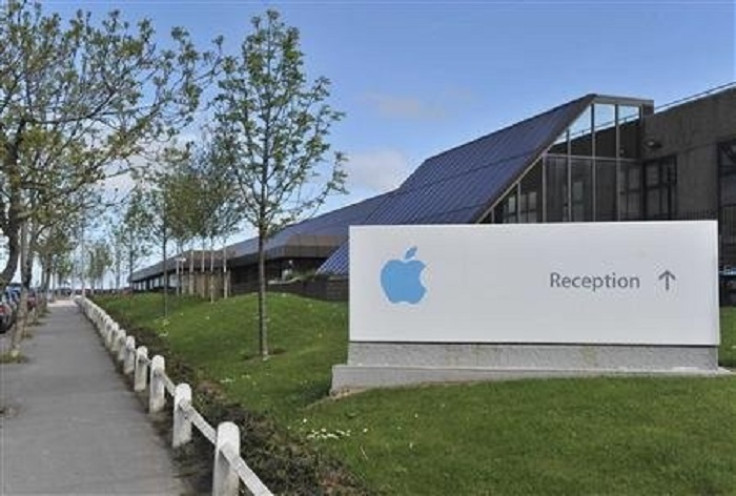Apple Faces Unfavourable Precedent Over Prohibited State Aid in Ireland

On 30 September, 2014, the European Commission (EC) will provide reasons for probes into the tax arrangements of Apple in Ireland and a Fiat subsidiary in Luxembourg.
The investigation into Apple centres on deals with the Irish government which allegedly contravene state aid rules. This could result in the EC taking Apple to court and forcing it to pay back billions in unpaid taxes, the FT reported.
Ireland takes the position that it is a legitimate low-tax country that only permits the 12.5% rate for income from trade.
Yet Apple told the US Senate subcommittee that Ireland permitted an income calculation that enabled Apple subsidiaries to pay Irish corporate income tax at a rate of 2% or less.
Apple first set up a European hub in the 1980s. It denied any wrong doing.
"There's never been any special deal, there's never been anything that would be construed as state aid," Luca Maestri, Apple's chief financial officer, told the FT.
The EC has launched a similar probe into Starbucks and its tax arrangements in the Netherlands, but details about this will be published later.
Lee Sheppard of Tax Analysts told IBTimesUK: "Any kind of special deal for a company that does no business and has no presence in its asserted country of residence is the hallmark of a tax haven.
"Indeed, this is the definition of tax haven that the European Commission suggested in its action plan on tax avoidance and evasion. What does it matter what the Europeans think? Those governments are the drivers behind the OECD base erosion initiative.
"The Apple income calculation could have ramifications for Ireland. Gibraltar, like Ireland a European Union member tax haven, lost an important case in the European Court of Justice, which held that it could not bury prohibited state aid in the drafting of its generally applicable tax laws, which are evaluated on the basis of results."
The Gibraltar scheme at issue capped a company's liability for profits-based payroll and property taxes (Commission v. Gibraltar, C-106/09 and C-107/09).
© Copyright IBTimes 2024. All rights reserved.






